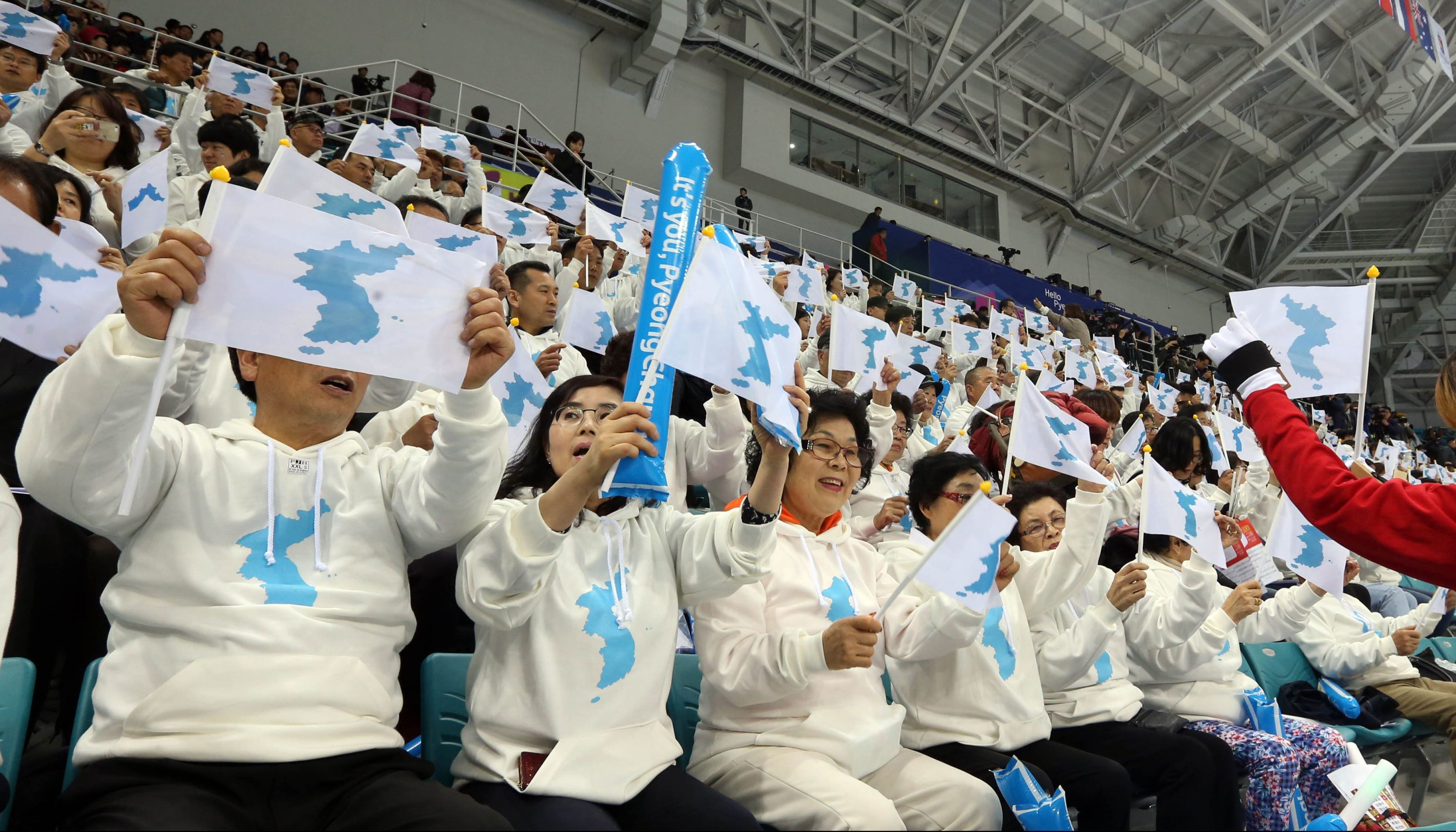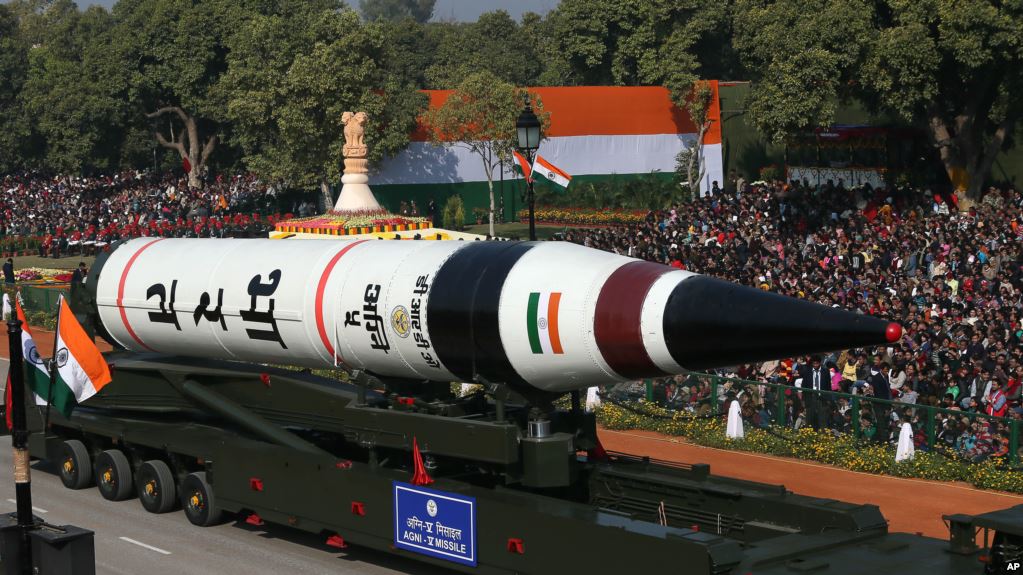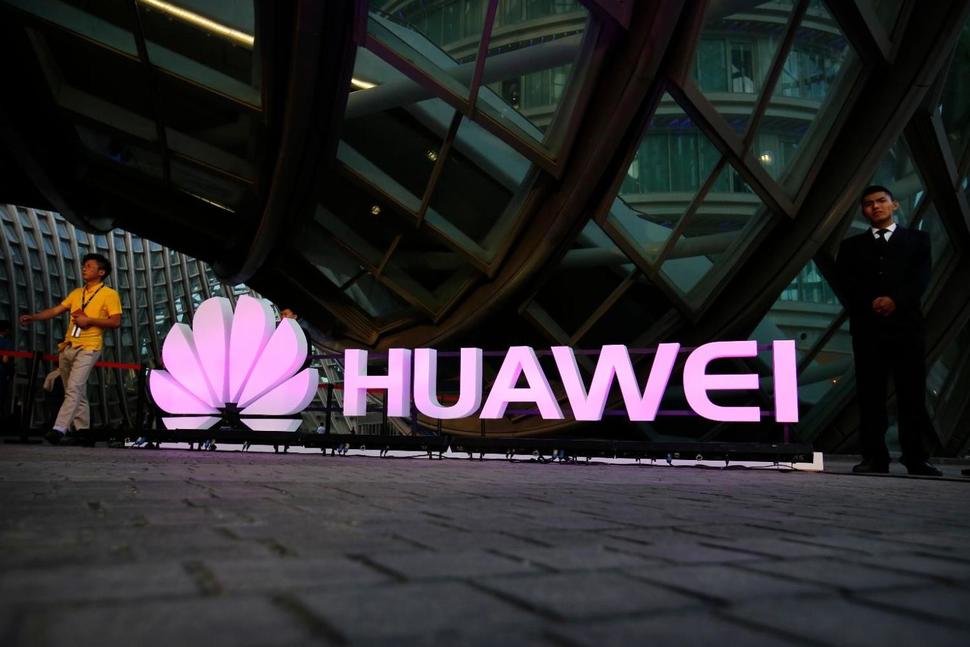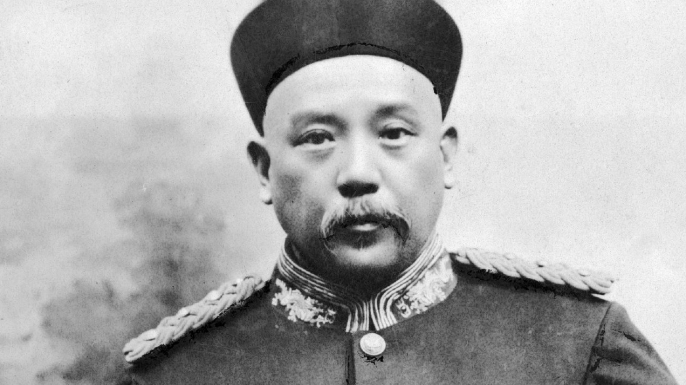
 South Korea and North Korea to Compete Together at the Winter Olympics
South Korea and North Korea to Compete Together at the Winter OlympicsNext month the world will watch as South Korea and North Korea compete in the Pyeongchang Winter Olympics under a united flag - a significant breakthrough for two nations that have technically been at war for over six decades. Leading up to the games there will be a series of joint events, including cultural performances and a combined skiers training session at the Masikryong ski resort in North Korea.
This is not the first time the world will see both sides marching under a flag bearing a blue silhouette of the full peninsula. They first displayed a unification flag in 1991, at the World Table Tennis Championships, and at a number of sporting events since. This step comes after recent talks in the Demilitarized Zone on January 9 and represents a small, but hopeful sign of broadened diplomatic negotiations.
While many are celebrating the decision, some people, particularly in the United States, remain apprehensive. Many believe that North Korea is aiming to drive a wedge between the U.S. and South Korea and win over South Korea's goodwill. Republican Senator Lindsey Graham responded to the news on Wednesday by saying that South Korea is "undercutting" Trump's efforts to pressure North Korea to give up on its nuclear ambitions by allowing the state to participate in next month's Winter Olympics. Graham stated that "if you have the largest system of concentration camps in the world, if you systematically rape and torture your own people, and you threaten the world with nuclear attack, you probably shouldn't go to the Olympics."
The North Korea issue is an incredibly sensitive topic for China-U.S. relations. China firmly believes in a "No War, No Chaos" approach, while the U.S. has not taken a military option off the table. China-US Focus contributor Sun Rhu acknowledges the sobering reality that "after nearly three decades of ups and downs, parties are still deadlocked, and the issue requires creative and constructive proposals." Whether sport can act as a creative way of easing into negotiations with North Korea about its nuclear program will be an important question on commentator's minds as the world's nations gather in South Korea next month.
 India Has Tested an Intercontinental Ballistic Missile
India Has Tested an Intercontinental Ballistic MissileWhile the international community may have its focus set on North Korea and its intercontinental ballistic missile tests, another country has drawn attention this week for its ICBMs: India. On Thursday, the Indian Defense Ministry tweeted that the country had successfully test-fired a long-range, nuclear-capable missile called Agni-V (which means fire in Hindi.) India's president tweeted his delight at the test, writing: "Successful test firing of Agni-V ICBM makes every Indian very proud."
The missile, which has a range of up to 5,000km, has the capability of hitting China's cities. An Indian defense publication called the Delhi Defense Review declared that the missile "confers upon India the ability to hold all of China's Eastern Seaboard cities at risk." China's Global Times reported that the test "poses a direct threat to China's security" and that in response, China should "enhance its military and economic presence in the Indian Ocean."
Bharath Gopalaswamy, director of the South Asia Center at the Atlantic Council, wrote for China-US Focus recently that, "Sino-Indian relations are at an ambivalent and complex juncture." As he noted, bilateral relations have faced a "chill" in recent years over the standoff in the border region of Doklam and India's resistance to China's Belt and Road Initiative. This week's missile test has been interpreted as India's attempt to gain a "credible strategic deterrent" against China. The Times of India wrote that the Agni-V was "developed with China in mind."
"If the world appears to be a tableau of endless ballistic missile tests of late, there is ample evidence to point to increasingly militarized nations hurling rockets across the sky," a reporter for CNN noted. In 2017, multiple countries tested ICBMs, including the United States, China, Russia and North Korea.
 Chinese Foreign Investment in the U.S.
Chinese Foreign Investment in the U.S.Chinese companies looking to invest in the U.S. have faced further barriers as the U.S. government continues to restrict the market entry of foreign companies considered a national security risk. Chinese phone maker Huawei was the focus of concerns by U.S. lawmakers this week. Reuters reported that House members want the American company AT&T to cut is its collaboration with Huawei on projects such as 5G technology and phone sales.
This move follows the news earlier this January that the Committee on Foreign Investment in the United States (CFIUS) was blocking Chinese company Ant Financial's purchase of the money transfer company MoneyGram. As China-US Focus contributor Ben Reynolds noted, under the Trump administration, CFIUS has "appeared to harden its stance on foreign, and particularly Chinese, investments." In his article, he said that the Moneygram ruling was an example "of the weaponization of national security discourse as a means to restrict Chinese investment for straightforward economic protectionist motives."
In a commentary piece published this week, Chinese state news outlet Xinhua argued that "the U.S. should get over its allergy to Chinese investment." The outlet called CFIUS a "black box with low transparency and a high likelihood of political interference." CFIUS and other political bodies will likely continue to play a role in assessing investments by foreign companies in the future, whether the investment originates in China or another country.
In comments believed to be related to the AT&T collaboration, Huawei founder Ren Zhengfei posted on Huawei's online forum this week. "Falling down counts for nothing, we should get up and fight again," he wrote.
 This Week in Chinese History
This Week in Chinese HistoryThis week in 1915, on January 18, Japan issued its "Twenty One Demands" to China during the First World War. This document "sought in effect to make China a Japanese dependency," according to Encyclopaedia Britannica. The requested special privileges included allowing Japan rights to mining and railway construction. The document also demanded that China discontinue leasing out territory to foreign powers along the Chinese coastline and allow Japan ascendancy over Manchuria and Shandong. The demands were originally presented to President Yuan Shikai. Four months later, Japan issued an ultimatum stating that the country may use force if China did not agree to the demands. President Yuan then accepted the majority of them. Subsequently, anti-Japanese movements became widespread in China.
Prepared by China-US Focus editorial teams in Hong Kong and New York, this weekly newsletter offers you snap shots of latest trends and developments emerging from China every week, while adding a dose of historical perspective.
- 2018-01-12 U.S. House of Representatives Passes Taiwan Bills
- 2018-01-05 U.S. Rejects Sale of Moneygram to China’s Ant Financial
- 2017-12-22 Trump’s National Security Strategy Labels China a “Revisionist Power”
- 2017-12-15 White House and Secretary of State contradict each other on North Korea talks
- 2017-12-08 China Boasts its Technology Chops at the 4th Annual World Internet Conference
- 2017-12-01 The Future of the China-US Economic Relationship
- 2017-11-17 The “Indo Pacific”: A New American Strategy for Asia?
- 2017-11-10 President Trump Revels in China’s State-Visit Red Carpet Treatment
- 2017-11-03 Will China Display Hard or Soft Power in the Era of Xi?
- 2017-10-27 All Eyes on Xi
- 2017-10-20 The 19th Party Congress Begins
- 2017-10-13 Tech Titans
- 2017-10-06 China’s Super Golden Week
- 2017-09-29 All Quiet on North Korea’s Western Front?
- 2017-09-22 Back Together and Better than Ever: Renewed Sino-Russian Relations
- 2017-09-15 China positions itself to dominate the industries of the future
- 2017-09-08 Did North Korea just test a hydrogen bomb?
- 2017-09-01 Are Forced Technology Transfers Forcing the U.S. and China to Rethink How They Do Business?
- 2017-08-25 Bannon Out: What now for the China-US relationship?